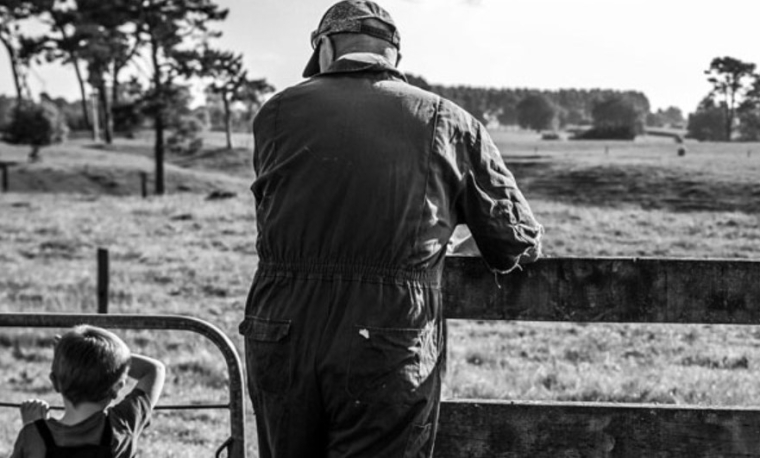
Maria Shanks was brought up on a farm south of Gisborne. Her respect for farmers and the understanding of the highs and lows farmers go through was learned first hand seeing her parents ride the various farming cycles that all farmers go through. This set her on a path to work with farmers through various channels over the years, Maria has worked in Agri-Banking, industry with Beef+Lamb and now as the General Manager of The Rural Support Trust (RST). She says that there is a growing demand for the RST services.
“There has been a need to increase capacity around the country within the regional trusts to actually service the increased demand for the services. Part of that is obviously there's been an increasing awareness. So over time, lots more people have become aware of the rural support trust and what we do and how we can help. So that means people are more likely to pick up the phone and talk to us. So we're seeing an increased demand from that perspective, and also where we're seeing adverse events and things as well. That's creating an increased demand for services and support through those adverse events recovery.”
So with increased awareness of the RST and the continuation of extreme weather events, and the ever present challenges that come with keeping farming business viable in the current climate, engagement is at an all time high. We’ve had over 2000 calls this year to the 0800 number that is higher than normal. Obviously there's been a lot going on, that's partly increasing awareness as well as our adverse events.”
“But the range of the calls can be huge, so there's no limit to what you can call us about it doesn't have to be farming related, that can be relationship or anything along those lines, we do see a bit of employment. At the moment there is obviously financial concerns, people worried about increasing input costs and interest rates and things. Mental wellbeing and often just that feeling of overwhelm with a lot of things going on at once as well. But it will, again, be different in different areas, depending on what's happening in those areas.”
It's clear that addressing the mental well-being of our farmers is not just a compassionate endeavor; it's an absolute necessity for the sustainability of our rural communities in New Zealand.
The farming profession is undeniably demanding. Farmers face numerous stresses, from unpredictable weather conditions to fluctuating market prices, increasing input costs, relentless policy pressure, and the isolation of rural life can further compound these challenges. However, it's important to acknowledge that investing in the mental health of farmers yields substantial benefits, not only for individuals but for the health of farming in this country in general.
Scientific research underscores the positive impact of improved mental health among farmers. A study published in the Journal of Rural Health found that farmers who engage in mental health support and practices experience a 30% reduction in depressive symptoms. This reduction in depression not only enhances the quality of life for farmers but also boosts their productivity and decision-making abilities.
Furthermore, promoting mental well-being among farmers can lead to a reduction in farm accidents. The National Farm Medicine Centre reported that farmers with lower stress levels are 30% less likely to experience accidents, ultimately creating safer working environments. These statistics emphasise the practical implications of good mental health on the Primary Sectors overall safety.
In addition to personal and occupational benefits, the well-being of farmers ripples through the entire food supply chain. A report from the World Health Organization states that when farmers have better mental health, they are more likely to adopt sustainable farming practices. This not only enhances the long-term health of the land but also ensures that we have a resilient and sustainable food system in the face of climate change.
Good mental health fosters stronger rural communities. Farmers who feel supported and emotionally resilient are more likely to engage in community activities, share knowledge, and support their fellow farmers. This sense of camaraderie not only enriches the social fabric of rural areas but also contributes to the overall prosperity of these communities.
The importance of good mental health for farmers cannot be overstated in my view. With a myriad of benefits, from improved individual well-being and safety to the sustainability of our agricultural practices and the vitality of rural communities. let's remember that good mental health within our farmers isn't just a matter of compassion; it's an investment in the future of agriculture and the future of this country as a whole.
You can contact The Rural Support Trust on 0800 787 254.
Listen to the podcast to hear the full version.
Angus Kebbell is the Producer at Tailwind Media. You can contact him here.

We welcome your comments below. If you are not already registered, please register to comment
Remember we welcome robust, respectful and insightful debate. We don't welcome abusive or defamatory comments and will de-register those repeatedly making such comments. Our current comment policy is here.